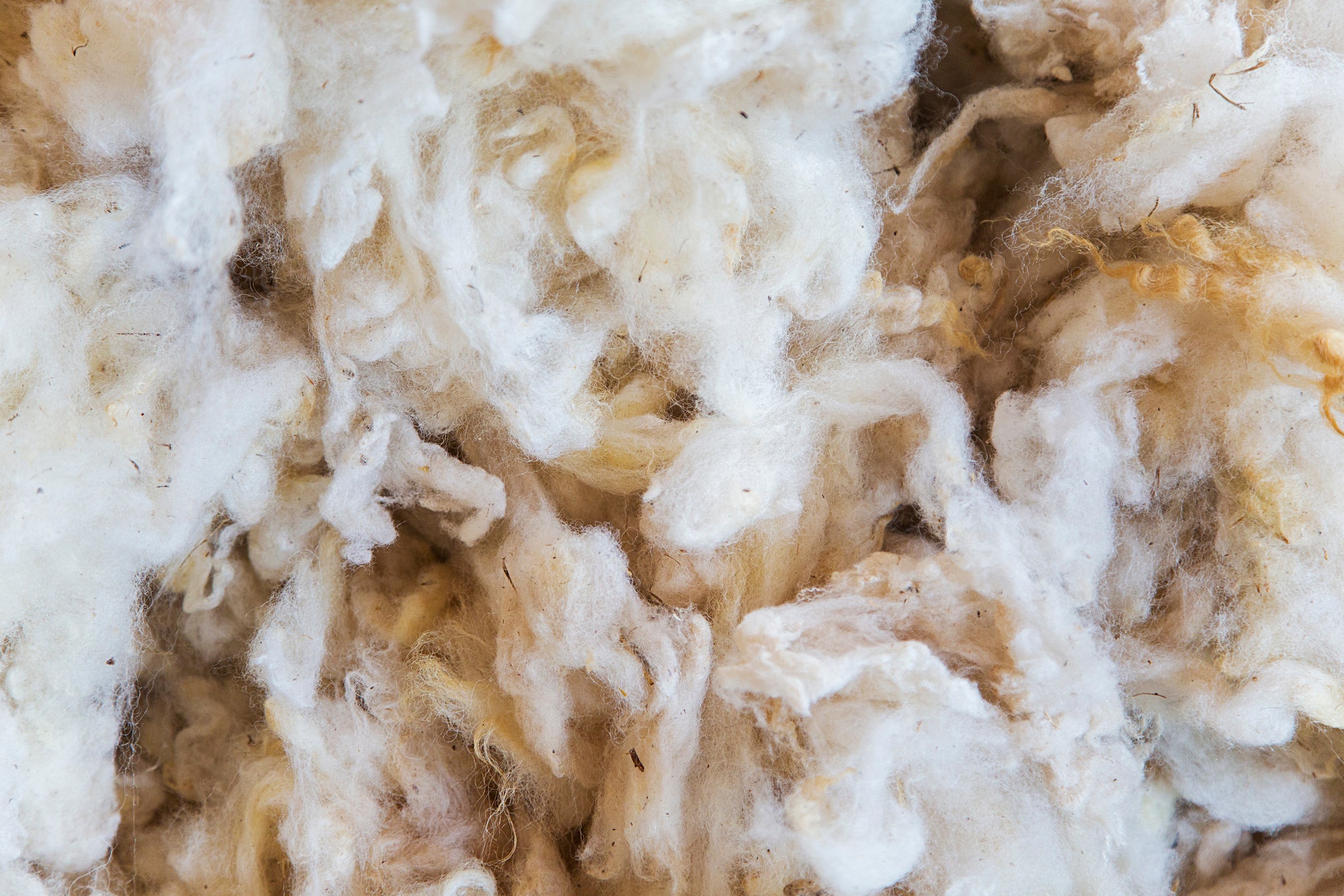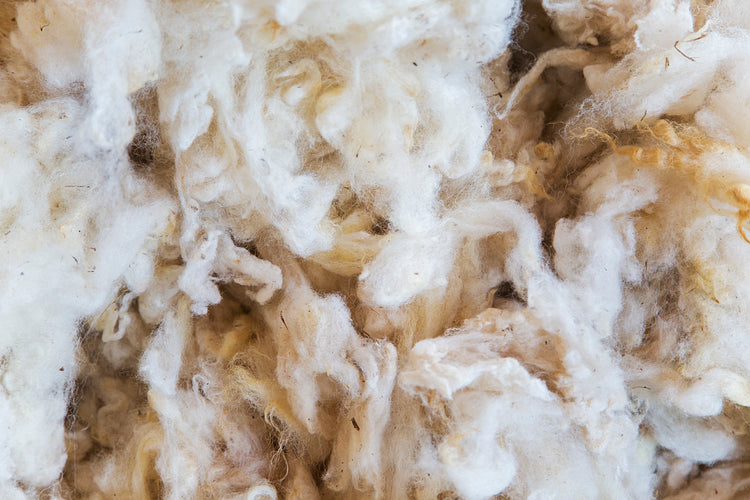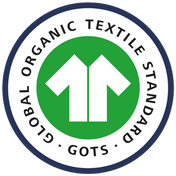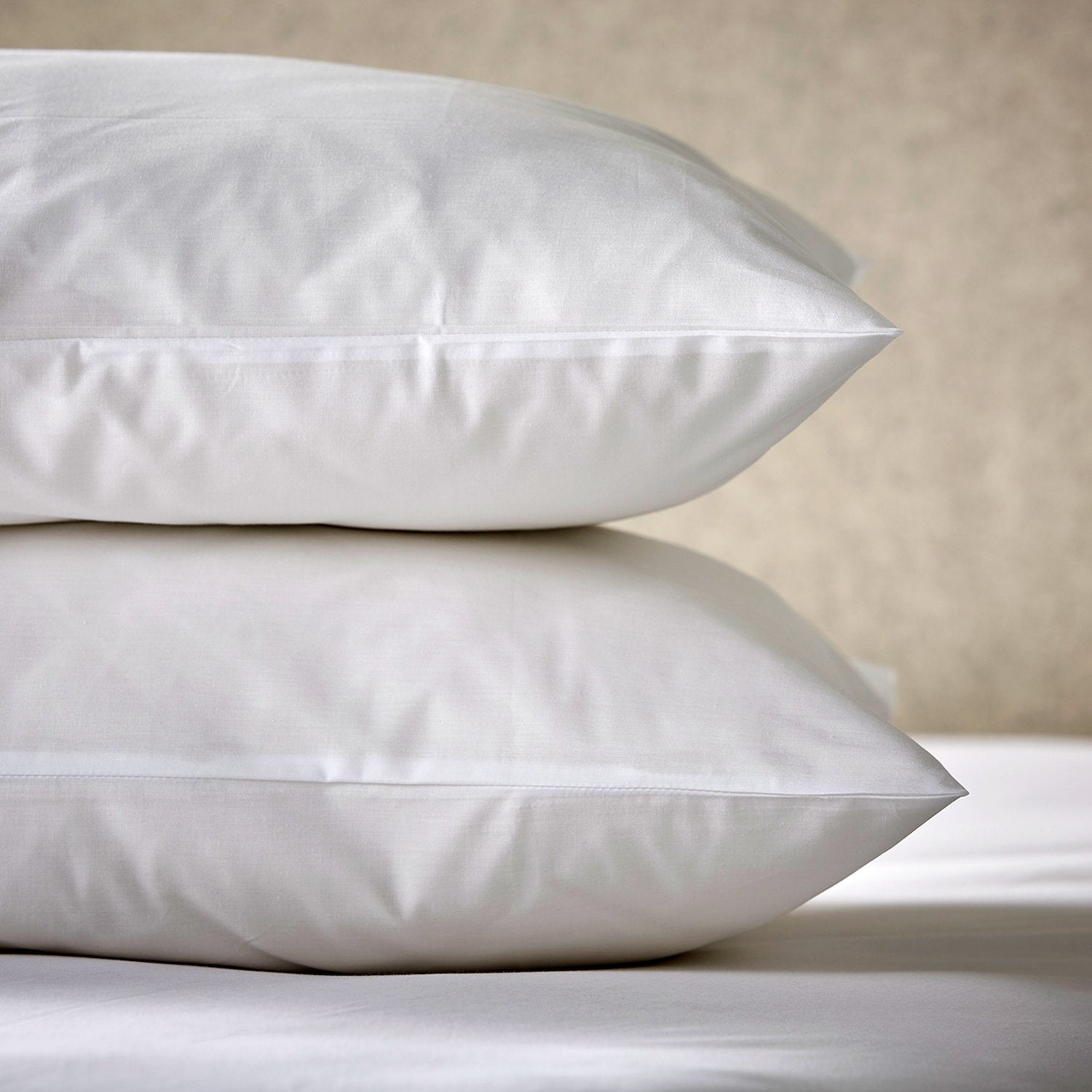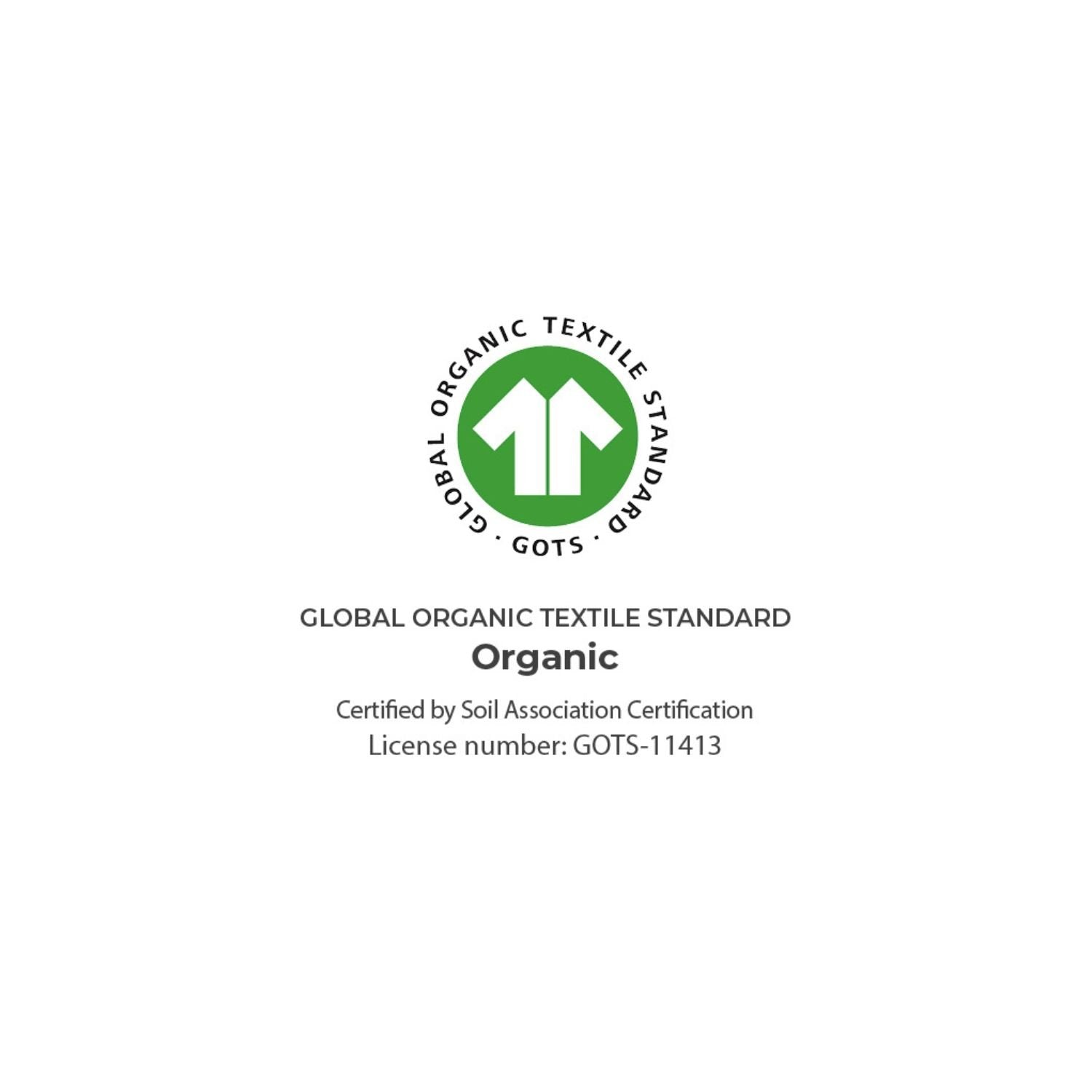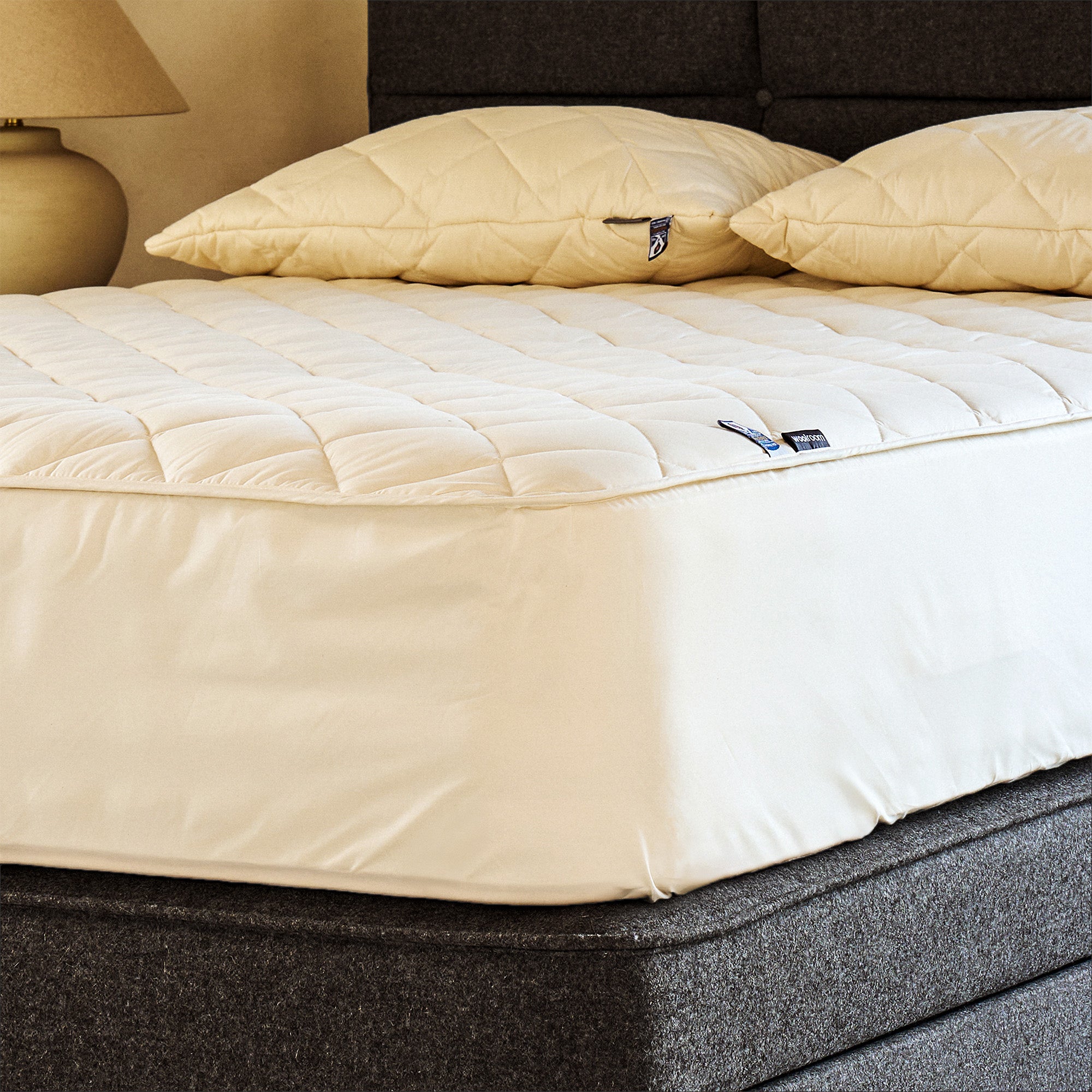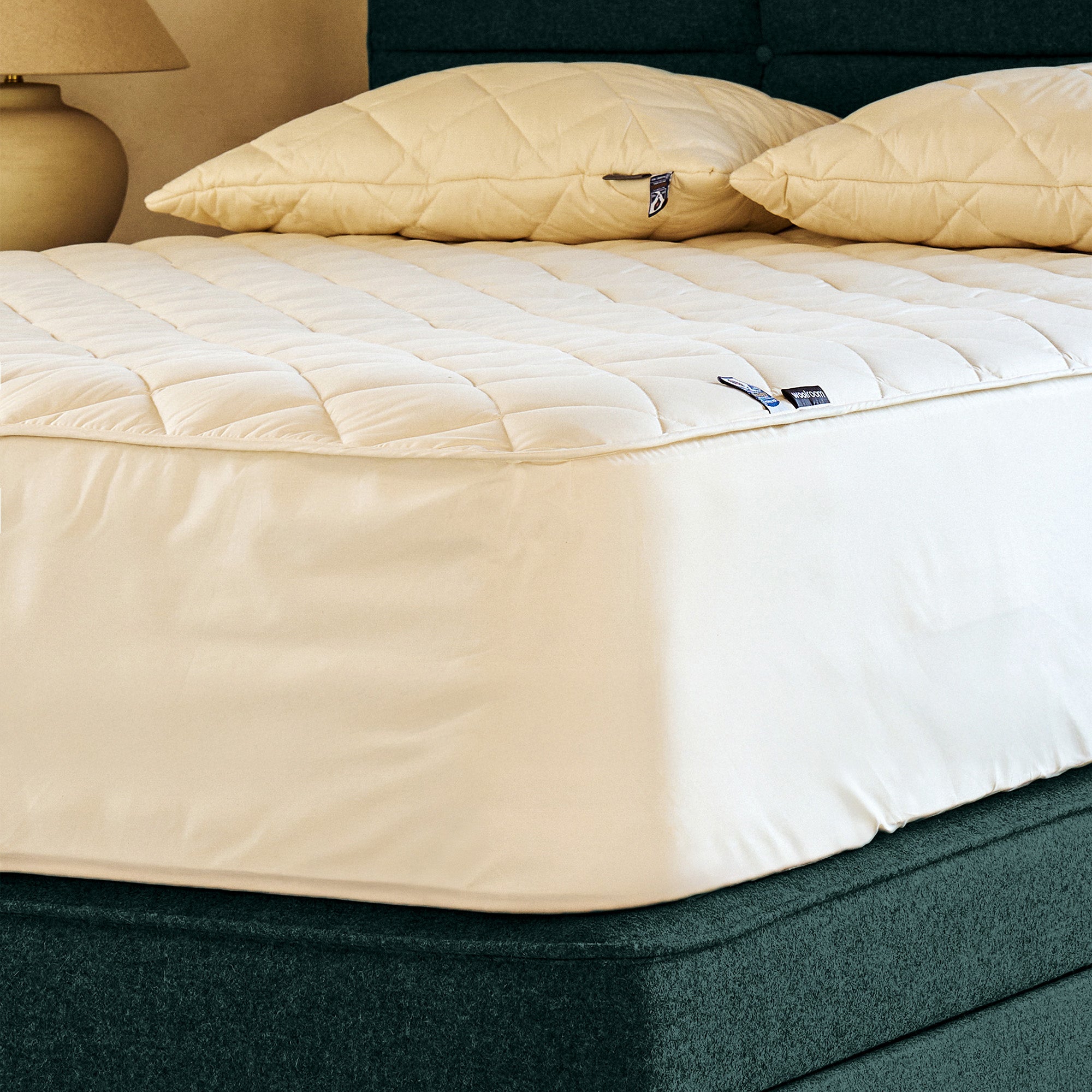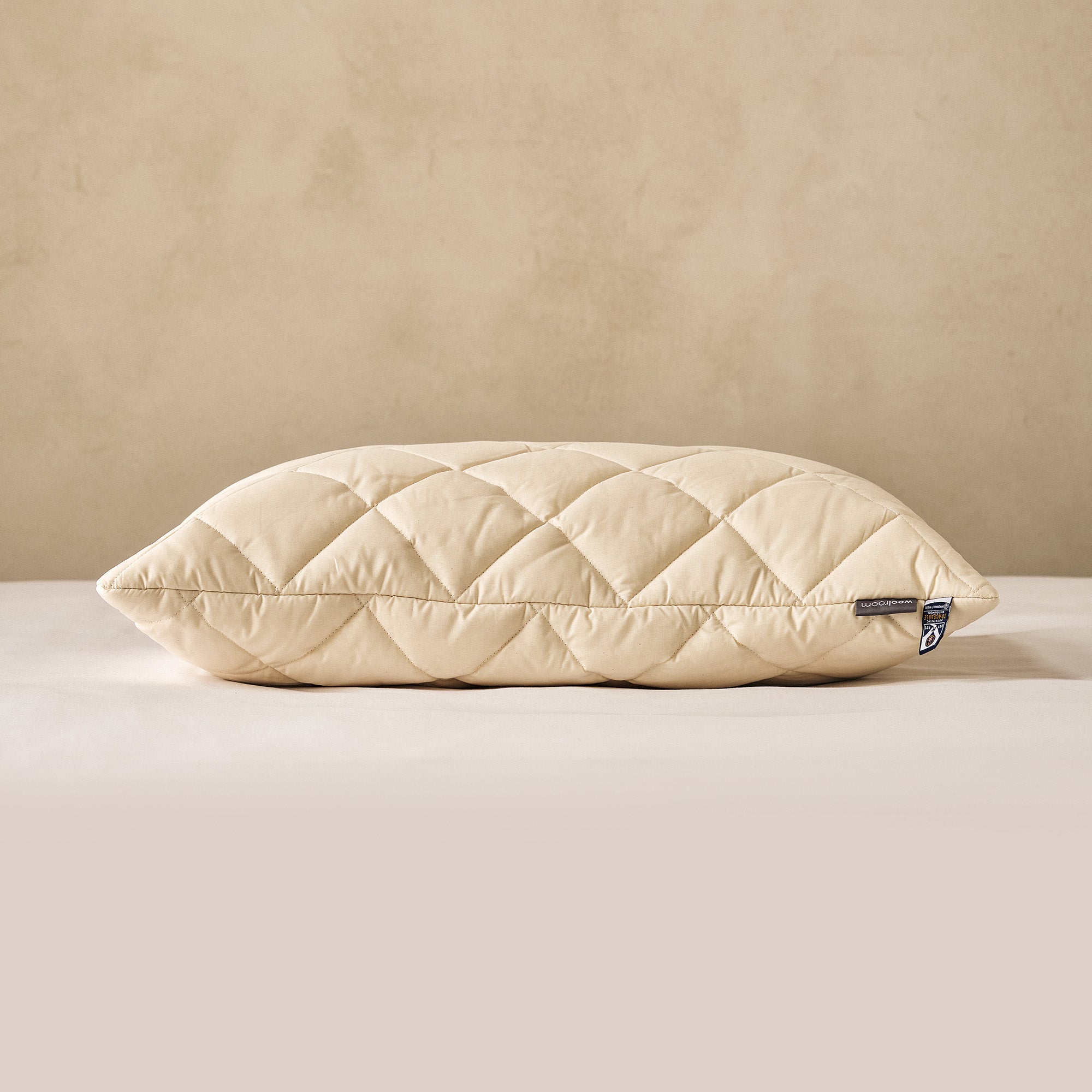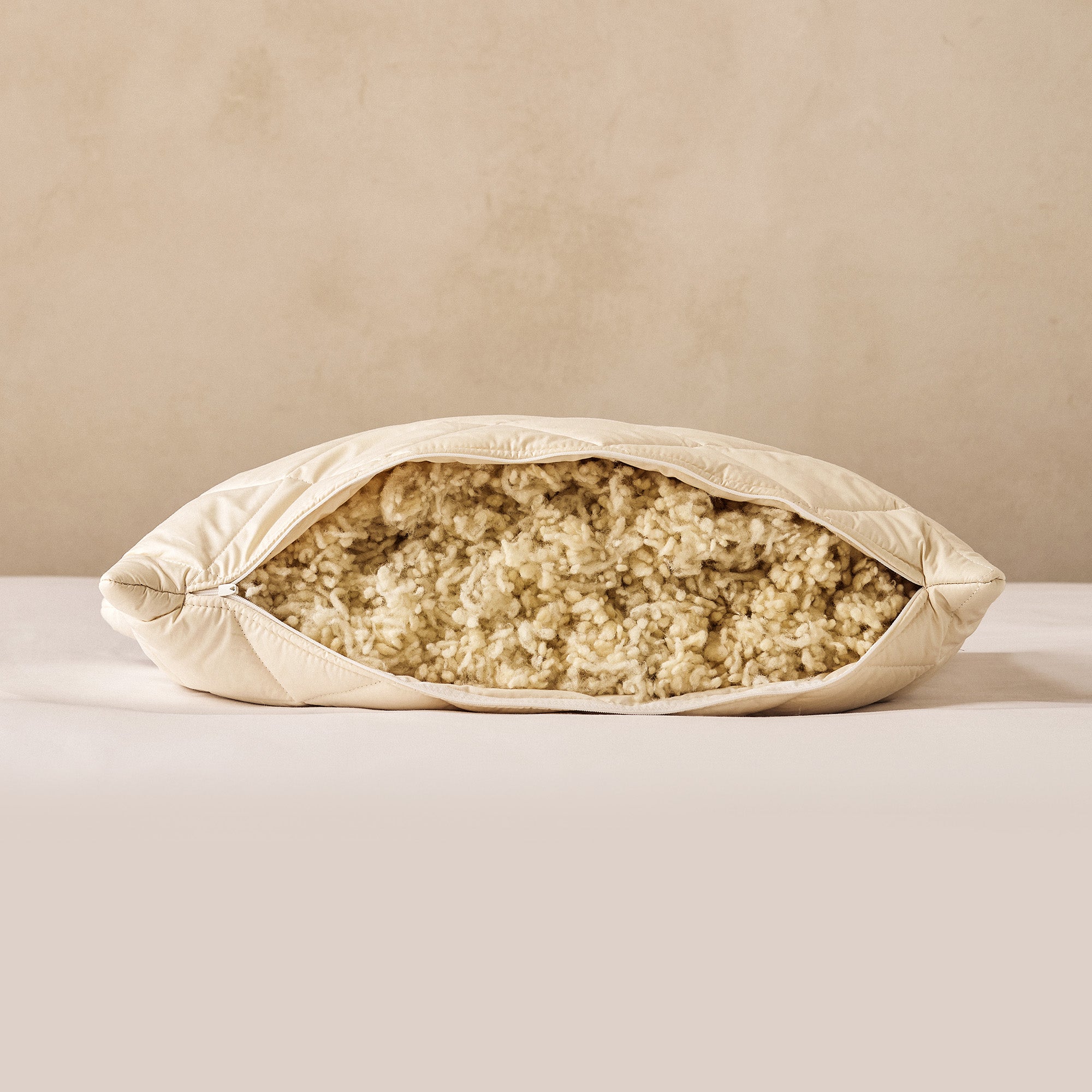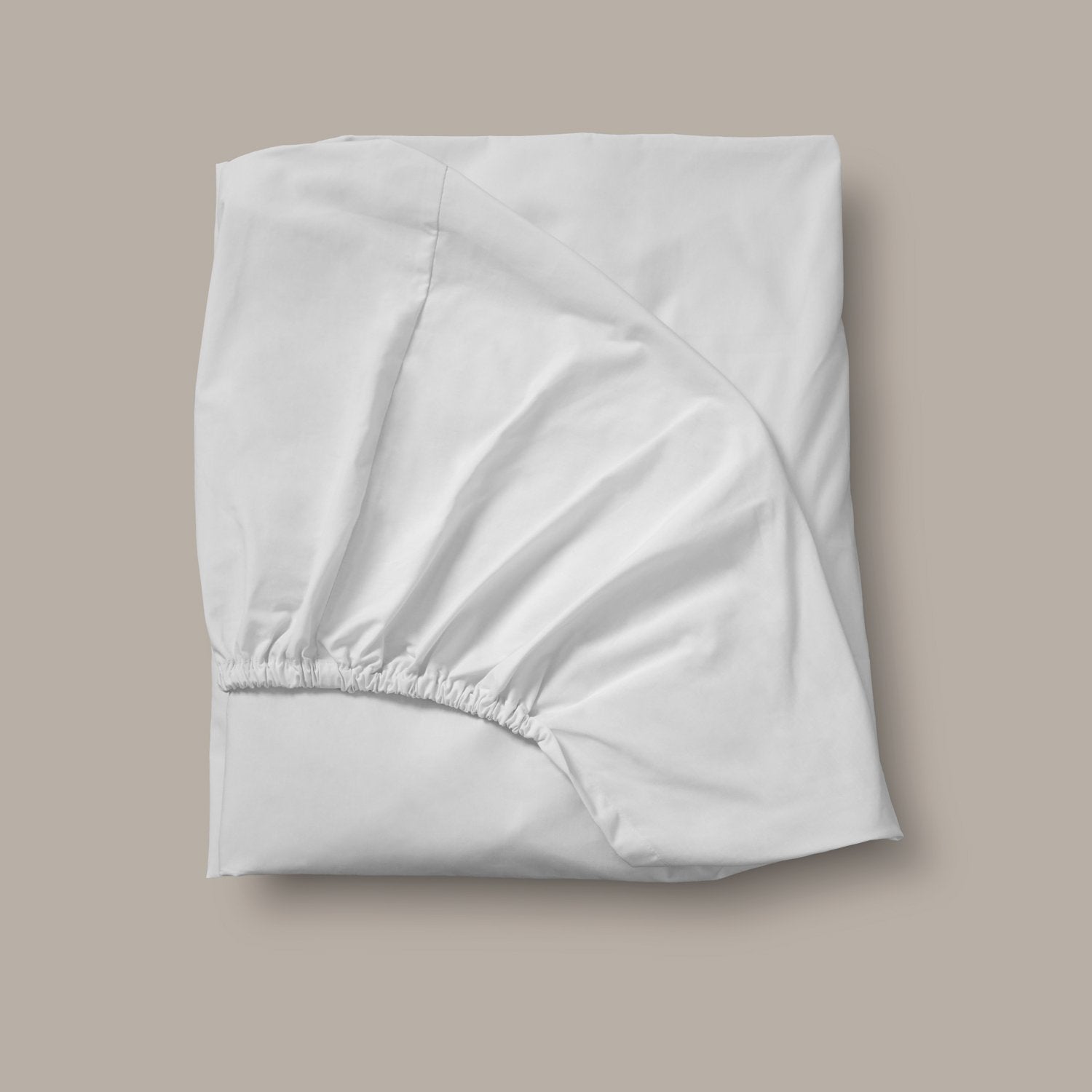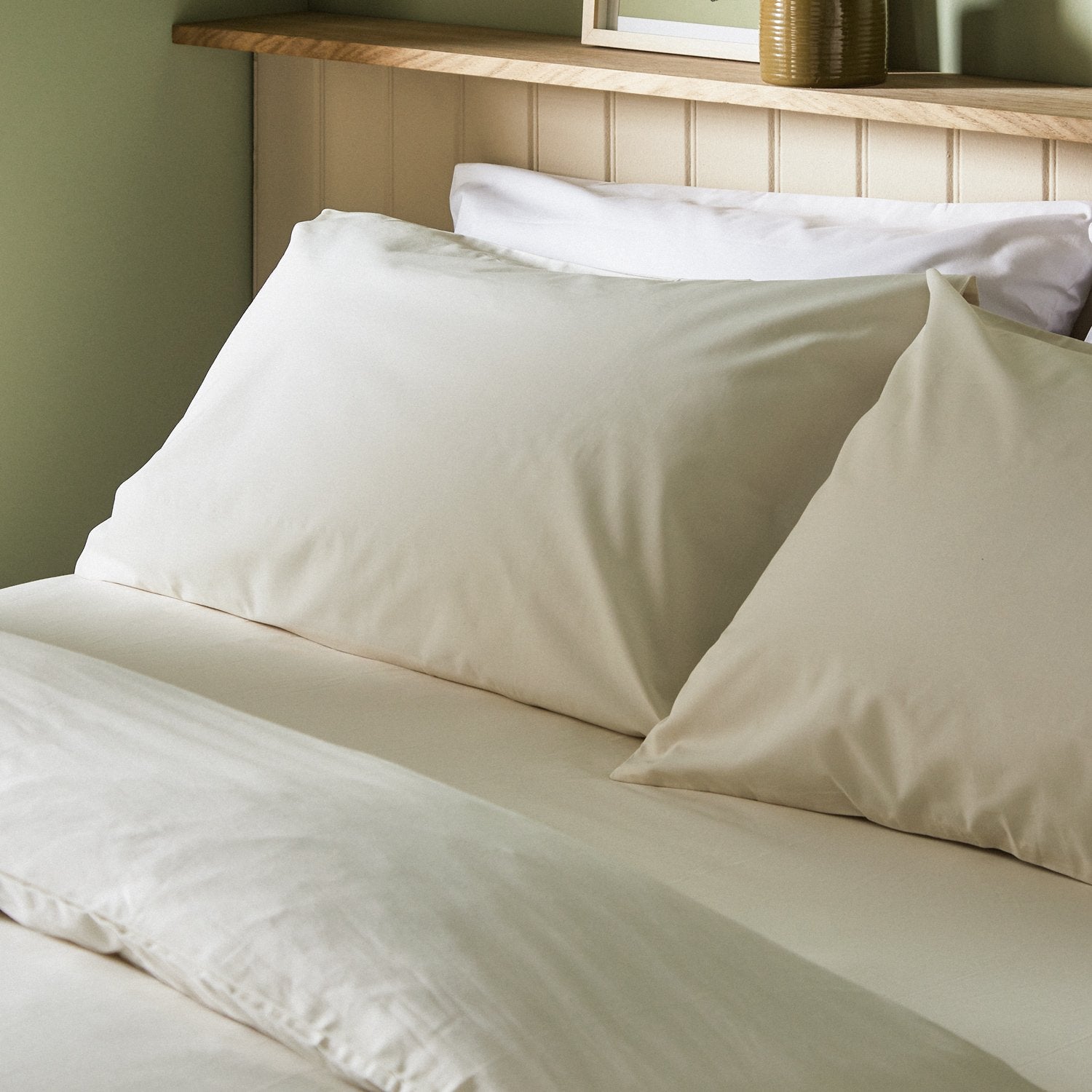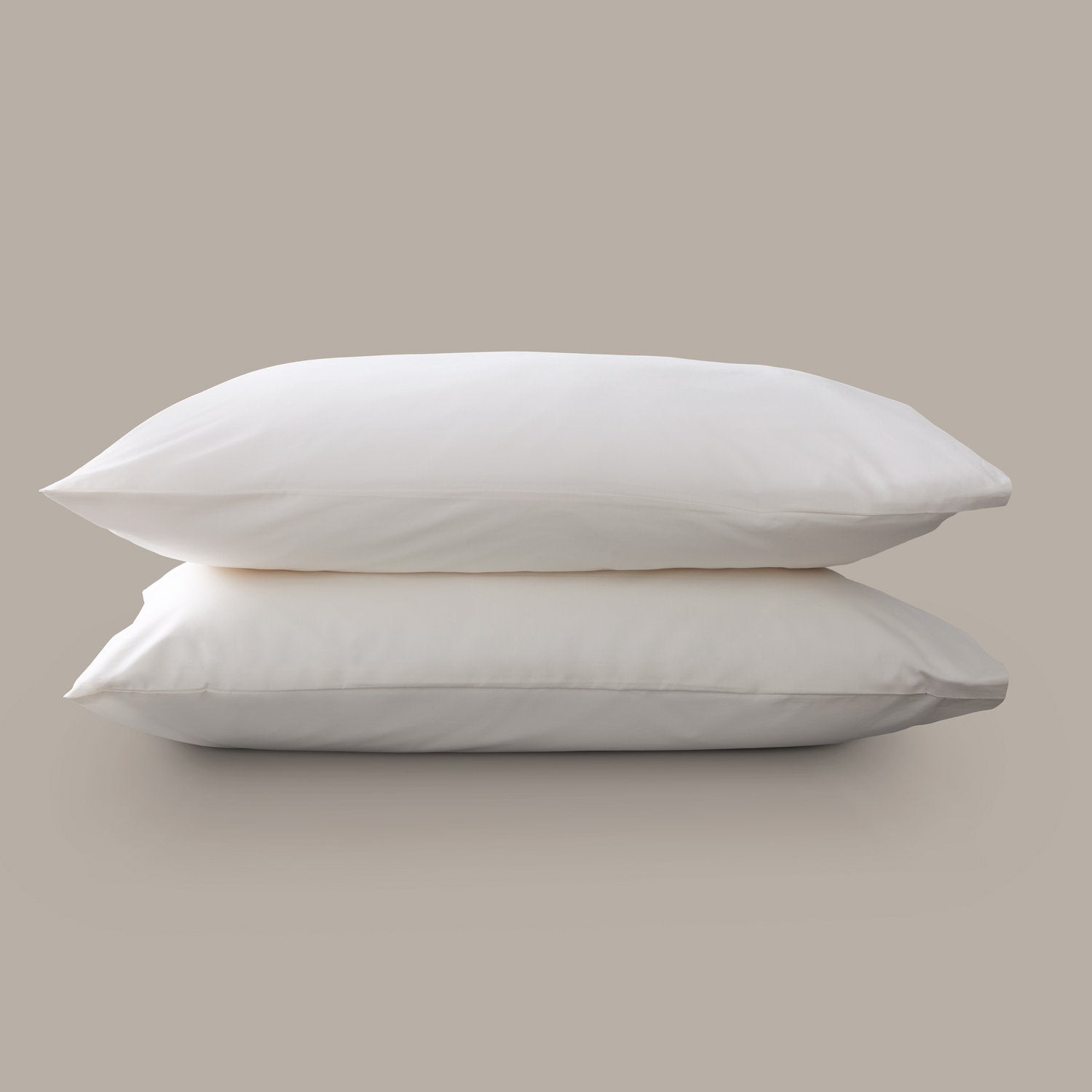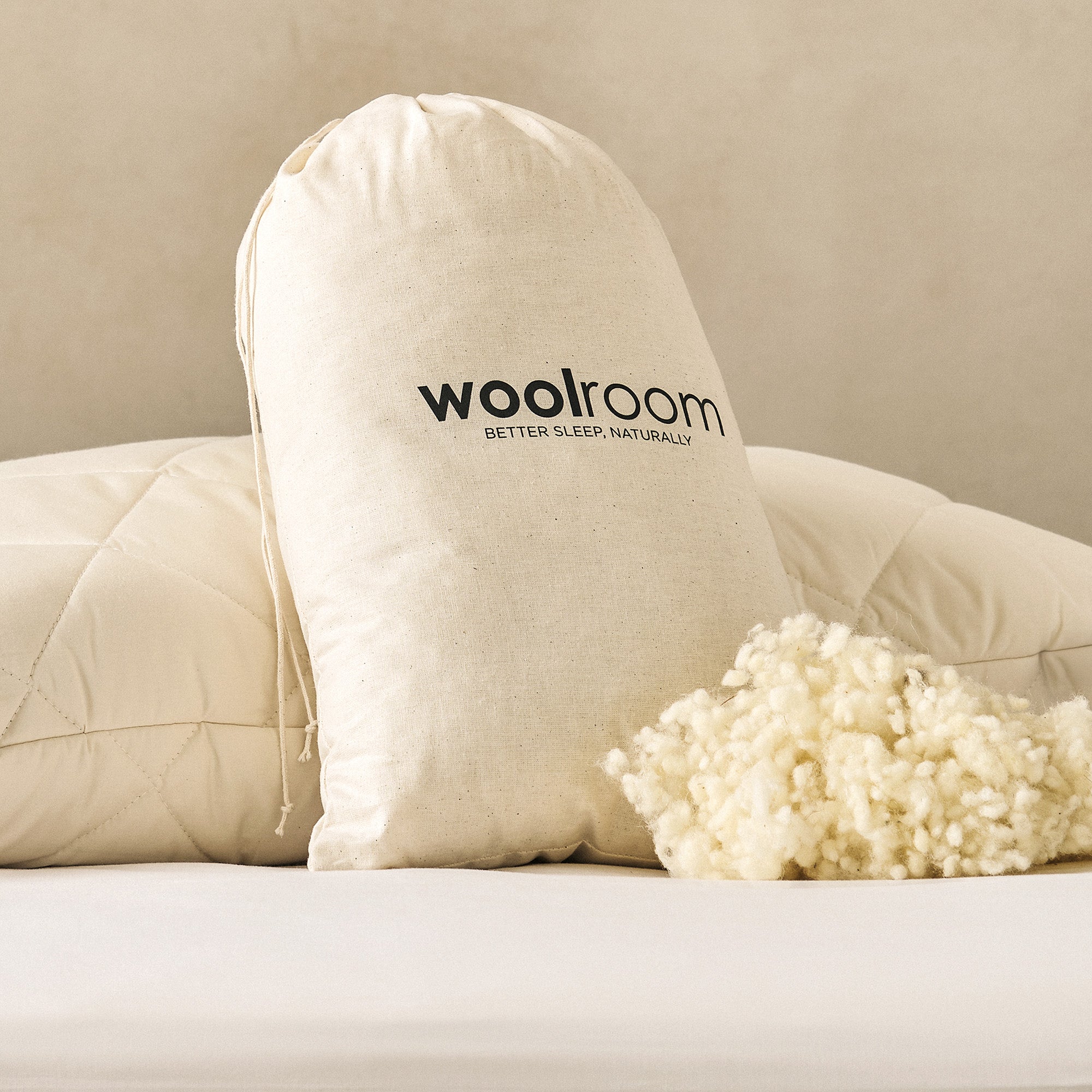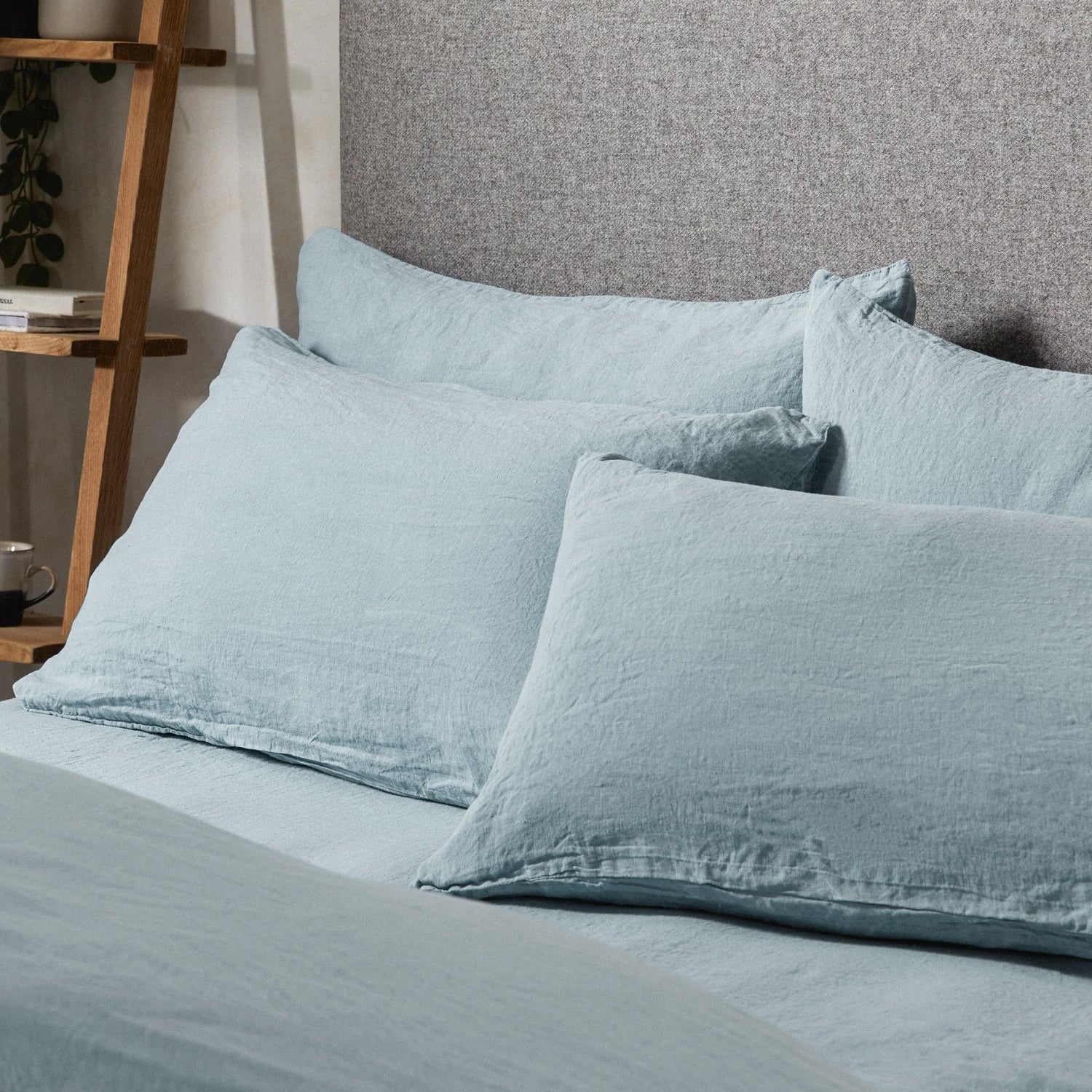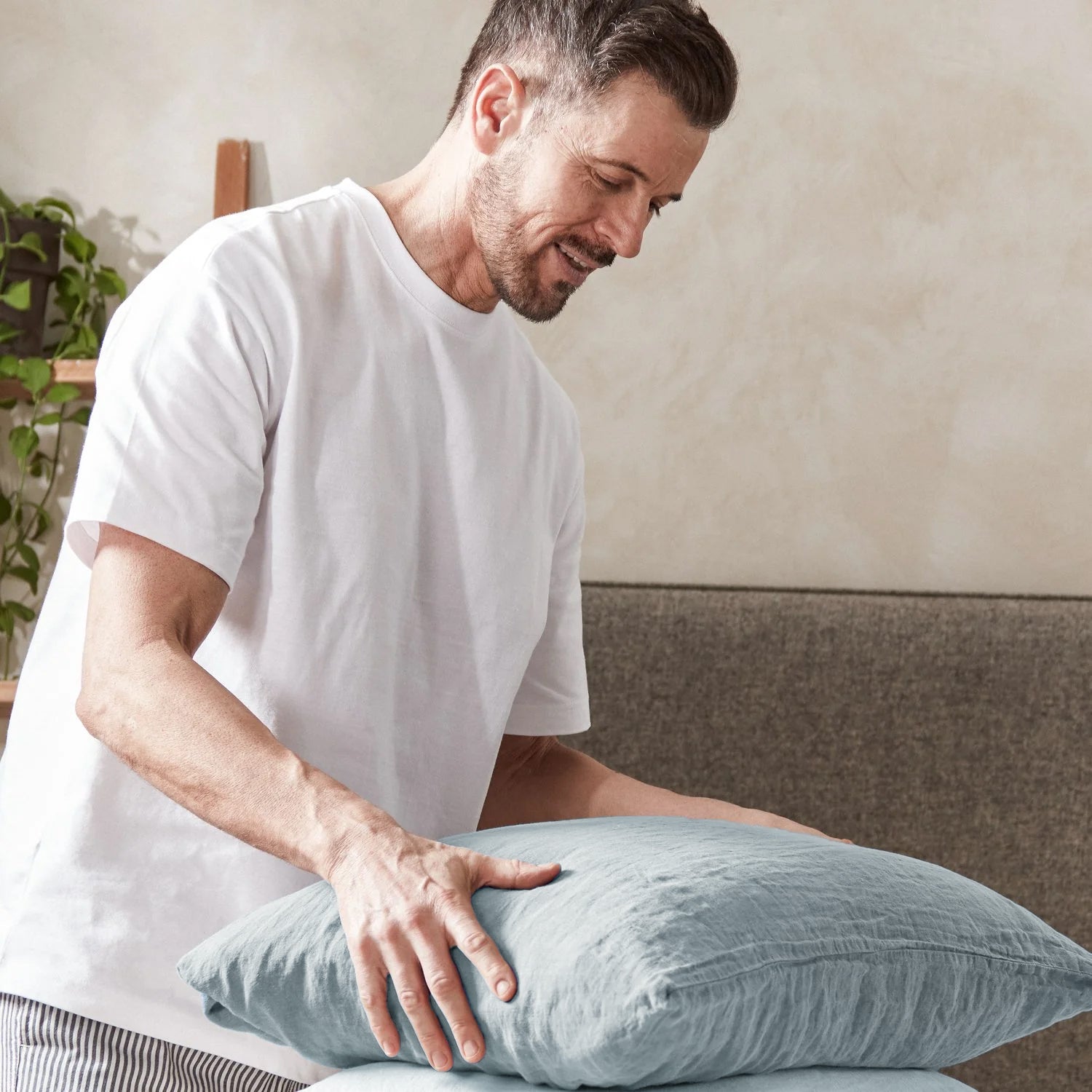Imagine a world where mattresses pile up as high as 652 Shard buildings every week. Shocking, right? Unfortunately, this isn't some dystopian future, but the harsh reality facing the UK due to the mattress landfill crisis.
At Woolroom, we believe in a world where comfort and sustainability go hand-in-hand. That's why we're launching this campaign for Recycle Week 2024, to shed light on the staggering number of mattresses ending up in UK landfills and offer solutions for a more responsible future for sleep.

The Numbers Don't Lie: A Mattress Mountain Every Week
Let's delve into the facts. Every year, according to the National Bed Federation, an estimated 7 million mattresses are discarded in the UK. An estimated 75% of these mattresses, equivalent to 5.25 million annually, fail to be recycled.
These discarded mattresses create a massive environmental burden. Here's the impact translated into real-world comparisons:
Yearly
Taking a standard king-size mattress at 2 meters long (150cm x 200cm), and stacking them end-to-end, these unrecycled mattresses would stretch for 10,500,000 metres. That's equivalent to 6,524 miles, which can circle the entire UK coastline over 28 times. Or, when laid end to end, they would roughly stretch from London to Kuala Lumpur! 
Weekly
That's an astonishing 125 miles of mattresses that go unrecycled every single week. This is…

The equivalent of a staggering 1,916 full sized football pitches stacked one on top of one another.
Enough mattresses to pile up as high as 652 of England’s tallest building, The Shard, when stacked on top of each other.


Enough mattresses to fill 47,317 double-decker buses. Picture a conga line stretching from London to Edinburgh!
The same distance as stacking 206 of England’s tallest mountain, Scafell Pike, on top of each other.

Why Does This Matter?
Furthermore, cheaper, faster methods of mattress production often rely on synthetic materials, like memory foam, plastic and polyesters that decompose slowly, and often use petroleum-based chemicals and harmful fire-retardant sprays that only add to the problem. Synthetic mattresses each take between 80 and 120 years to decompose, meaning these mattresses will likely outlive many of us.
While this has a huge impact on the planet in a similar way to fast fashion, it’s also important to consider what those chemicals and synthetic fibres are doing to our bodies when we lie with our skin against them every night – equating to roughly a third of our lives. It’s likely that we don't yet know the full extent of the impact that ultra-processed bedding has on human health, so avoiding these synthetics and chemicals is a great place to start.
At Woolroom, we're committed to changing the narrative. We offer a range of organic and natural mattresses designed for both comfort and sustainability. Here's how Woolroom mattresses make a difference:
- Natural Materials: We use only natural materials, like wool, cotton, and latex, ensuring a healthier sleep environment and easier recycling. As the only completely natural, renewable bedding fibre, wool takes 6 to 12 months to naturally decompose into nitrogen-rich compost, therefore minimising impact on landfills and natural resources.
- Durability: Our mattresses are built to last. We use the highest quality wool sourced from British farms, and our skilled artisans use traditional construction techniques when piecing our mattresses together by hand. The unparalled care in creation, as well as wool’s innate breathability, hypoallergenic and self-cleaning properties, reduces the need for frequent replacements and therefore contributes to less landfill waste.
- Responsible Manufacturing: We work with partners who prioritise sustainable practices throughout the entire production process, minimising resource consumption and waste generation. For example, we know that one of the hardest parts of mattress recycling lies in the metal springs, which is why our Artisan collection is designed to be easily recyclable by simply snipping the cord attaching the spring and removing the metal within.
- Independent Certifications: Our mattresses meet stringent criteria required by some of the most globally renowned certification bodies as a result of our processes and wool quality. Our certifications include the Allergy UK Seal of Approval, OEKO-TEX Class 100 Certified, Shepherd’s Crook, the Global Organic Textile Standard Certification and more.
While Woolroom offers a solution for clean, sustainable sleep, the mattress landfill crisis requires the UK to wake up to the issue and take collective action. Here's how you can contribute:
- Responsible Disposal: Explore options for responsible mattress disposal before sending them to landfill. Check with your local council or recycling facilities. You might be surprised to find designated drop-off points for mattresses local to your area. We can also help you to get rid of an old mattress. We will organise the collection of your unwanted mattress for eco-friendly disposal near you to save your time, and your back! To learn more about our mattress recycling service, click this link.
- Invest in Quality: Opt for a well-made, sustainably-sourced mattress that will last longer, decompose faster and minimise your environmental footprint. Consider factors like material composition, chemical usage, durability, and the manufacturer's commitment to sustainability.
- Research Brands: Choose brands like Woolroom that prioritise sustainability in their practices. Look for certifications that demonstrate commitment to responsible sourcing, ethical production, and environmentally-friendly materials. A new mattress isn’t something that needs to be purchased frequently, so making a well-researched investment with the environment in mind will have a tangible impact on our planet.
By making informed choices and opting for eco-friendly solutions, we can create a world where restful sleep and environmental responsibility go hand in hand.
Together, we can create a future where a good night's sleep doesn't come at the cost of our planet.
